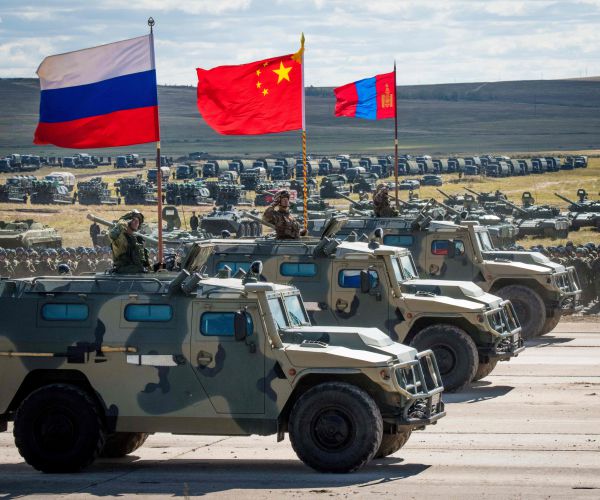
Key Threats to Lithuania
Russia, Belarus, and China Top List
On November 4, LRT.lt announced that the Lithuanian government has approved an updated National Security Strategy, highlighting threats from Russia, Belarus, and China. The strategy debated by the State Defence Council will now go to the Seimas (parliament) for a final vote. The document specifies that “The international system is becoming increasingly unpredictable due to global and regional processes that have emerged in recent years. As the confrontation between authoritarian and democratic states intensifies, authoritarian states, in particular the Russian Federation and the People’s Republic of China, are posing new challenges to Western democracies, their partners and the Euro-Atlantic community as a whole”. In essence, Lithuania needs to adapt to the changes and to be able to operate in a less predictable environment.
Emphasizing that Lithuania does not consider any country to be its enemy and that it contributes to international peace and comprehensive security based on the promotion of freedom and democracy, the protection of human rights and freedoms, the rule of law, and multilateral cooperation, the document identifies the Russian government’s growing authoritarianism, aggressiveness and imperialist ambitions pursued through military and unconventional hybrid means as the greatest threat to Lithuania’s national security.
It ignores the opinion of the international community and violates international law, posing an existential threat to the security of the Republic of Lithuania and to the security of the entire Euro-Atlantic community.
Other threats include the growing hostility and unpredictability of the authoritarian regime in Belarus, and the growth of China’s economic and military power. Beijing’s ambitions to reshape the international order is “a key axis of geopolitical competition and growing tensions between democratic and authoritarian states”. The document futher states that the communist ideology of the People’s Republic of China contradicts the values enshrined in the Constitution of the Republic of Lithuania and, at the same time, the national interests of the state.
Among the threats identified in the document are Belarus’ Astravyets nuclear power plant, “cyber and information attacks, the growing influence of technology, the rise of religious extremism in Europe, frozen conflicts, climate change, and the impact of the Covid-19 pandemic”.
The Lithuanian Armed Forces’ combat power and readiness must be enhanced, with a focus on developing land warfare capabilities. The permanent presence of the US, Germany, the UK and other allies should be maximized in Lithuania and the region, along with augmentation of military cooperation with Poland, Latvia, and Estonia.
Also important is the creation of an integrated crisis and emergency management system and strengthening the protection of the EU’s external border. Another priority is modernization of border security, focusing on advanced technical surveillance and increased physical protection.
Lithuanian businesses need to seek markets and cooperate with democratic states. The transport sector should diversify.
Lithuania pledges to support NATO’s open door policy and the NATO membership aspirations of Ukraine and Georgia, to maintain support for the EU’s enlargement process, and to seek greater EU support for the security and resilience of the Eastern Partnership countries.
Information from LRT.lt





























